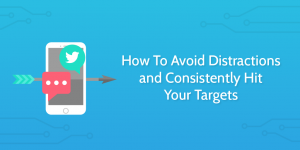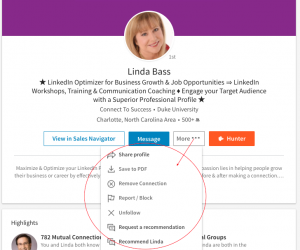An Open Book: What Can Blockchain Do For Email?
by Ray Schultz , Columnist, February 22, 2018
There has been increasing buzz about blockchain. Until now, it has been used as a bitcoin wallet — but it has many other applications, from decentralized search to helping firms maintain transparency says Randy Apuzzo, founder and chief technology officer of Zesty.io, a cloud-based web content management company.
For example, pharmaceutical companies often have to publish changes in new uses and discoveries about side effects. And the financial industry requires a high level of transparency. These are among the sectors served by Zesty.io, a venture-backed firm with 11 employees based in San Diego.
In effect, blockchain provides a ledger through which every transaction is verified.
“It is time stamped, including the date. If it gets changed, that is a transaction and it gets a separate unique identifier,” Apuzzo says.
When he says transaction, he doesn’t limit to the traditional definition—he means every single change or hiccup in the continuing ledger. And its reach is global.
Apuzzo is not a spokesperson for the Blockchain company.
So how can blockchain help marketing — email in particular?
“Each transaction has a unique hash, and you can run analytics to see which was the most popular or shared,” Apuzzo adds. “If you change or correct it, you see at that point if it got less popular and less shared.”
But how can you do that for every one of the billions of emails that go out?
“Email marketing is no different than web page marketing if you’re sending a dynamic, html-rich email,” Apuzzo says. “The advance is you would know which version was performing.”
And SEO? Some say that decentralized search can undo Google, and shift some of the advertising dollars to consumers themselves.
“Decentralized search would be great,” Apuzzo says. “You could search against the ledger and not need Google.” However, he adds that “those searches still need to be powered by someone.” Would that be Google?
Another advantage is that blockchain creates “a new way of attributing things — more direct and verified,” Apuzzo continues. “You can see that this version was shared or viewed thousands of times. It’s in the public ledger.
Hmnn. Won’t competitors also see that?
“That’s the scary part,” he laughs.
Okay. But do editors and writers really want to document every typo or comma that gets changed?
“It’s a controversial topic, especially for the media,” Apuzzo notes. But he makes a good point, given the current plethora of fake news.
“If you put it in the context of history and reporting, it would be valuable to humankind to have ledger of the origination of facts,” Apuzzo states.
(59)
Report Post



